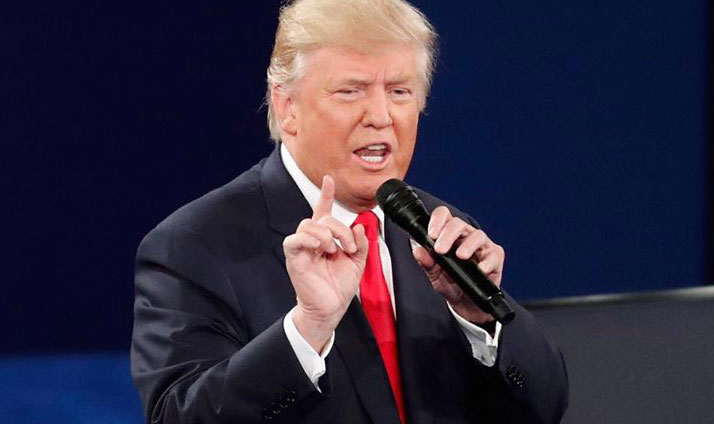
In a healthy democracy, the press helps citizens hold the government accountable, by vigorously interrogating official policies and behavior
By: Tony Karon
U.S President Donald Trump’s administration has shocked the mainstream press by bullying news outlets and unabashedly trafficking in “alternative facts” (also known as lies). But Trump’s challenge to the media status quo may not be an entirely bad thing: journalists now have an opportunity to root out the bad habits associated with cozying up to those in power.
Trump’s chief strategist, Stephen Bannon, drew gasps recently when he told the New York Times that the news media represent “the opposition party.” Bannon may have wanted to disorient his interlocutors, but he also inadvertently reminded them of the adversarial role they are meant to play. In a healthy democracy, the press helps citizens hold the government accountable, by vigorously interrogating official policies and behavior.
Unfortunately, it has been decades since America had that kind of news media. Instead, the press has allowed multiple presidential administrations to spoon-feed it information. News organisations in the United States have prioritised access to the corridors of power above all else, even when access is conditioned on avoiding uncomfortable questions or accepting evasive answers.
When “access journalism” leads senior editorial decision-makers to identify with political elites, explaining the government’s thinking to the public becomes their primary purpose. Combine that with cuts to news budgets, and political coverage becomes a mere endless cycle of sound bites from politicians and their surrogates – not unlike a dedicated sports channel covering a football season.
Even the more meticulously factual media outlets have, in recent decades, confined their coverage to a narrow range of topics that tend to confirm the political establishment’s self-serving narratives. Because they had exposed themselves only to elite perspectives, members of the mainstream media were initially blindsided by the fact that many Americans who had previously voted for Barack Obama in 2008 and 2012 either stayed home or voted for Trump in 2016.
But no calamity better captures the dangers of a press corps too beholden to power than the invasion of Iraq, a cataclysmic blunder whose ghastly knock-on effects afflict the Middle East, as well as Europe, to this day. In the lead-up to the invasion, George W. Bush’s administration assiduously courted journalists at mainstream liberal and conservative news outlets, who then helped it win public support by disseminating what turned out to be false claims about weapons of mass destruction (WMD).
 The Independent Uganda: You get the Truth we Pay the Price
The Independent Uganda: You get the Truth we Pay the Price





